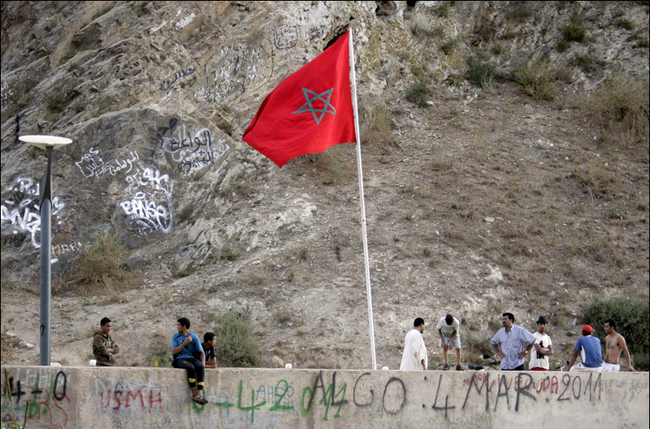The New York Times
by SCOTT SHANE
For the United States, the weekend clashes in Cairo crystallized the defining policy quandary of the Arab Spring: how to square contradictory American impulses that include support for democratic change, a desire for stability and wariness of Islamists who have become a potent political force.
The violent confrontations of security forces with thousands of people in Tahrir Square to protest military rule bear a resemblance to the heady days of February when Hosni Mubarak was ousted. But they were perhaps more accurately seen as early skirmishes in what is likely to be a long and chaotic struggle for power, with an uncertain outcome and huge challenges for American policy makers.
The immediate worry is that protests could spiral out of control and meet with a military crackdown that might endanger the first parliamentary elections to follow Mr. Mubarak¹s ouster, with some voting set to begin Nov. 28.
³This weekend of violence should be a matter of very great concern in Washington,² Stephen McInerney, executive director of the Project on Middle East Democracy in Washington, said in an interview from Cairo.
³People on Tahrir Square see the administration as backing the SCAF,² Mr. McInerney said, using the acronym for the military ruling body, the Supreme Council of the Armed Forces. ³I don¹t think that¹s entirely fair, but that¹s the perception.²
The outcome of the political turmoil in Egypt, by far the most populous country in the Arab world, is of enormous consequence to the United States It will set an influential precedent for smaller countries in the region, determine whether theMuslim Brotherhood¹s brand of Islam is compatible with democracy and decide the future of relations with Israel.
In the longer run, there is concern that the Brotherhood, which showed its clout by turning out tens of thousands of demonstrators on Friday, could eventually pose its own threat to democratic values and minority rights by imposing conservative religious rule. Brian Katulis, of the Center for American Progress, said the administration had been actively reaching out to the Brotherhood to keep communications open and encourage its leaders to send a message of respect for basic human rights.
Both Mr. McInerney and Mr. Katulis are members of the Working Group on Egypt, American experts who have met since well before the Arab Spring to discuss developments in that country and have been consulted by the White House.
On Thursday, the working group called on the administration to require the military to loosen its grip on power as a condition of continued American military aid, now $1.3 billion a year and providing nearly a quarter of Egypt¹s military budget.
³Today, the outcome of the revolution remains mired in doubt, and it is far from clear that the SCAF is willing to truly give up the reins of power,² the group¹s statement said. It noted that the country¹s military rulers have postponed lifting Egypt¹s state of emergency and moved to protect officers¹ entrenched economic privileges.
Even before the weekend¹s confrontations, the Obama administration had begun to publicly caution Egyptian military commanders, longtime American allies and beneficiaries whose power survived Mr. Mubarak¹s departure, that they could not continue to cling to political control.
³If, over time, the most powerful political force in Egypt remains a roomful of unelected officials, they will have planted the seeds for future unrest, and Egyptians will have missed a historic opportunity,² Secretary of State Hillary Rodham Clinton said this month.
That message may have been reinforced by the extraordinary show of force on Friday by the Muslim Brotherhood, which demanded an end to military rule, and by the mix of Islamists and liberals who battled the police in the weekend showdowns. The military responded with force on the streets, but also retreated from its initial proposals, announcing Saturday that its constitutional guidelines would be only advisory, not compulsory.
Paul J. Sullivan, a specialist on the Egyptian military at Georgetown University, said top Egyptian officers regarded with alarm the current raucous political competition, including the Muslim Brotherhood, the more conservative Islamists known as Salafis and secular liberals of various stripes.


